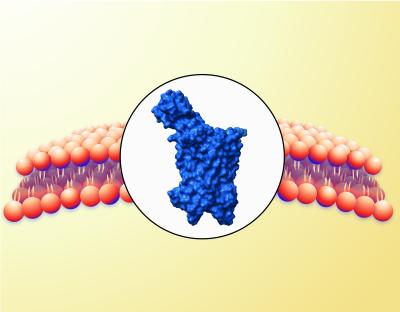by Jeanne Marrazzo, M.D., M.P.H., NIAID Director
The power of word choice is obvious every day in my life as a researcher, clinician, colleague, patient, spouse, and friend. Language can inform, delight and inspire, but it can mislead and wound if words are not chosen carefully. At worst, language can invoke stigma, shame, and even violence, all of which undermine NIAID’s mission as part of a health agency. Our institute is responsible not only for advancing scientific knowledge, but for doing so in a way that honors the dignity, individuality, and autonomy of the people affected by the health issues we address. For this reason, I am very proud to share the updated NIAID HIV Language Guide, a thoroughly vetted resource to inform our written and verbal communications.
NIAID has long been engaged in rich and multifaceted collaborations with HIV advocates and community stakeholders—partnerships that I prize and am honored to carry forward. Among their many contributions to HIV science, our community partners ensure that our language evolves as fluidly as our knowledge of the virus itself. Through their insights, the words we choose to describe the pathogen, its effects on the body, and the people who are affected by and living with HIV, have become increasingly person-centered. This progress reflects and upholds a commitment to avoid defining people by the disease with which they live.
Despite this progress, the scientific community often lags in adopting evolving language, and many of the terms and phrases we use today are still insensitive and disrespectful to the people we aim to serve. Harmful language undermines people’s trust in biomedical research, and language-driven stigma prevents people from seeking health services which provide benefit. Non-inclusive language perpetuates knowledge gaps, limiting our ability to fully understand the people participating in research. As scientists and public health practitioners, we cannot be cavalier about language. Our words matter.
This guide originated as a resource for the HIV field, but respectful, inclusive, and person-first language is essential in all scientific communication. To that end, I am committed to following the NIAID HIV Language Guide in my communications, and strongly encourage all NIAID staff, funded research networks, sites, centers, investigators, and partners to do the same. We will not always get it right, but we will continue to try. We must support each other in learning, hold each other accountable, and continue to adapt as terms and norms change.
For more information about the language guide and supporting resources, please visit https://www.niaid.nih.gov/research/hiv-language-guide. Spanish and Portuguese translations are coming soon.



